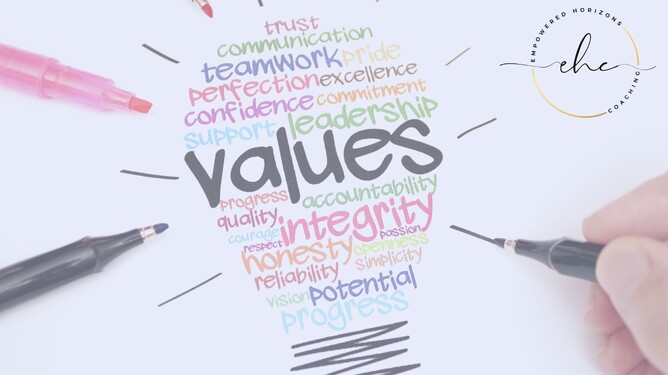How many of these did you hear when you were young?
The (sometimes) well-meaning but misplaced workplace advice dished out the world over:
Arts and humanities degrees are worthless;
Everyone should go into STEM;
Fewer/more people need to go to university;
Flexible working will damage your career;
Become a doctor/lawyer/accountant, it's well respected;
University is the only route to the highest earning potential;
"Mickey Mouse" degrees are pointless;
Do an apprenticeship;
Choose a career based on what you've heard of/family members do;
Gap years are a waste of time.
Why the above statements are misguided:
A lot are said with every good intention. The person saying them holds a value that makes the statement true for them. Yet the problem is, they haven't bothered to check whether it's true for the person they're speaking with.
What would be have been more helpful:
What do you want your life to look like? What are the golden glimmers in your week? What are the tasks and situations that feel like climbing Everest or that you run away from? What fills you up? What drags you down?
And the most important question of all - what do you value?
Your values are often the answers to the following questions:
What matters most to you?
What's the lens through which you see life?
What can you not live without?
What do you want to reciprocate with the world?
What could you receive every day and still never have enough of?
Not many of us have done values work. Yes, you may have done a corporate "company values" exercise (which often just feels like a thinly disguised indoctrination PR exercise), but if you ask most people what their values are they won't know, or will only be loosely aware.
So how on earth do we expect people to make decisions that might impact their entire lives when we haven't allowed them the time and space to work out what they want to give to, and receive from, the world?
For example, a person who says "gap years are a waste of time" may hold financial security, stability, and dependability as values, but have little interest in the values of freedom, exploration, and experience . That's absolutely fine. But what about the reverse - what about the person who doesn't want to exist in the world without freedom to explore? Instantly we can see the unspoken conflict laid bare here - people give advice based on what they want from life, not what the person receiving the advice wants from life.
Now some people will be reading this thinking "yes, but we have to live in the real world, and in the real world we have to go to work and earn money every day."
Absolutely, we do - but the way we show up to do that, and the way we work that around our lives, looks very different from person to person. Our values are as individual as each of us - a view of the world that is entirely, beautifully, uniquely ours.
Values and how they help
Here's the great thing about values - they don't change hugely throughout life. Interests, hobbies, desires, those can change like the wind. It's also important to note here that values are not the same as needs - needs may also change throughout life. But if you value something at 15 it's very likely you will value the same thing, or a version of it, when you are 40, or 65.
So, if you value learning and self-improvement, entering the university environment may absolutely make sense. And in knowing that about yourself, you can make career decisions that allow you to include the ability to learn new things and grow yourself within your working environment. If you aren't actively aware of these things about yourself, you may ignore or discount them, and find yourself wondering every 2-5 years why you're bored out of your skull at work.
Equally, if you value status and self-recognition, it's entirely worth knowing that about yourself. It means you can prepare for the predictable challenges you will face at the start of your career as you settle in and learn your craft, and it gives you a very clear idea of what you're aiming for in 10 years' time.
This is just as important for people who are mid-career. Your life will likely look wildly different to the way it did at 20. You will have different pressures now, different priorities, different goals. If you don't know what you value most, how can you a) understand why certain situations arise that knock you for 6, and/or b) plan and map a life that speaks to what you want and need most?
Learning to lead with values can be utterly life-changing. Sometimes, you might even make decisions that you are aware directly conflict with one (or more) of your values - and that's ok! Because in knowing that the conflict exists, you can plan for it and put in place support structures that will allow you to cope with the inevitable and predictable challenges that arise.
The saying goes "knowledge is power" - while we send keep sending people out into the world without helping them know themselves and the place they want to carve out, we're doomed to keep making the same mistakes in the workplace that have been made for centuries.
Workplace success is often measured (at least by governments) almost entirely in terms of economic productivity and salary benchmarking. Yet in the same breath, we discuss the mental health crisis afflicting every generation as if it were a separate issue entirely. Our young people deserve the chance to map a working life that allows them to achieve much greater things than purely economic productivity. And our existing workforce, many of whom still have 2-3 decades of work left, deserve the chance to truly get to know themselves and thrive in the middle-to-latter stages of their careers.

